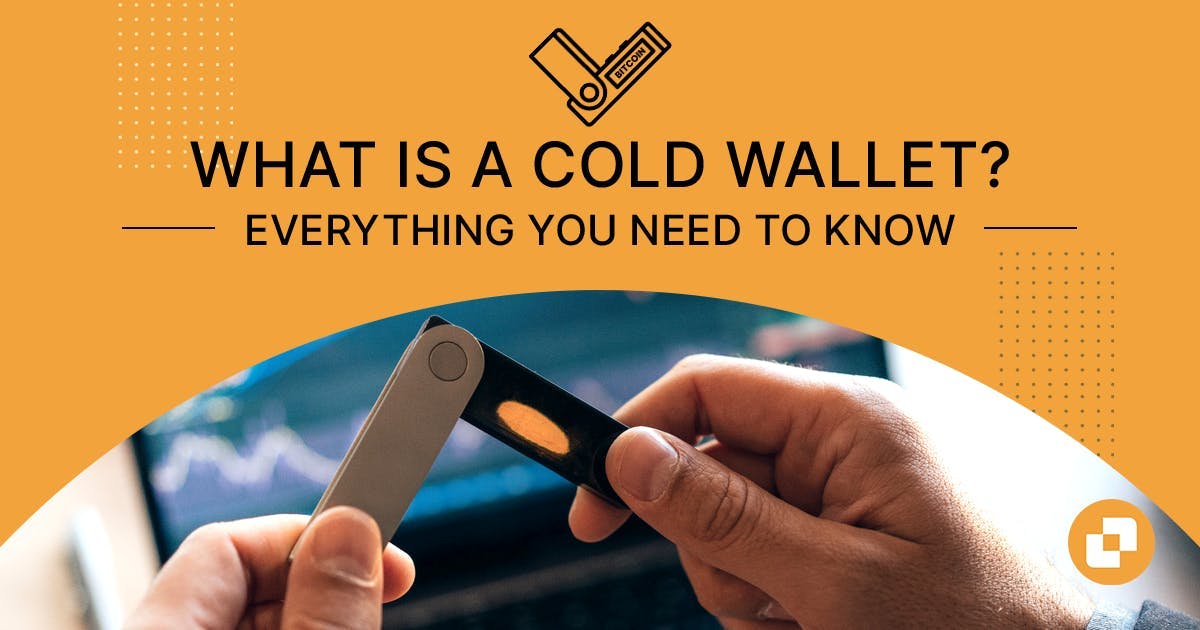What is a Cold Wallet? Everything You Need to Know
Ian Cheeseman
min read

FAQ
Hacking a cold wallet remotely is extremely challenging, if not virtually impossible, as the private keys required to access the funds are not exposed to the online world. However, it is important to note that cold wallets are not entirely invulnerable.
While the chances of remote hacking are minimal, physical theft or tampering with the cold wallet device can still pose risks. Therefore, it is crucial to handle and store the physical device securely in a safe and undisclosed location.
Losing a cold wallet can be a distressing situation as it can lead to the loss of access to your cryptocurrency holdings. Unlike online wallets where you can reset passwords or recover accounts, cold wallets are not associated with any central authority that can restore access for you.
Without the private keys stored in the cold wallet, it becomes nearly impossible to retrieve the funds. To prevent the irreversible loss of your cryptocurrencies, it is essential to have a backup of your wallet's recovery seed. This recovery seed is a set of words that can be used to restore access to your wallet on a new device or hardware.
Yes, cold storage is widely recognized as the best method for securely storing cryptocurrencies, especially for long-term holdings. The offline nature of cold wallets provides an unparalleled layer of protection against remote hacks and online vulnerabilities.
By keeping your private keys offline, you significantly reduce the risk of unauthorized access to your digital assets. Cold storage is particularly beneficial for investors and users who do not require frequent access to their funds, as it prioritizes security over instant accessibility.
While hot wallets offer convenience and quick access, cold storage remains the top choice for safeguarding large amounts of cryptocurrency, ensuring peace of mind and long-term security.